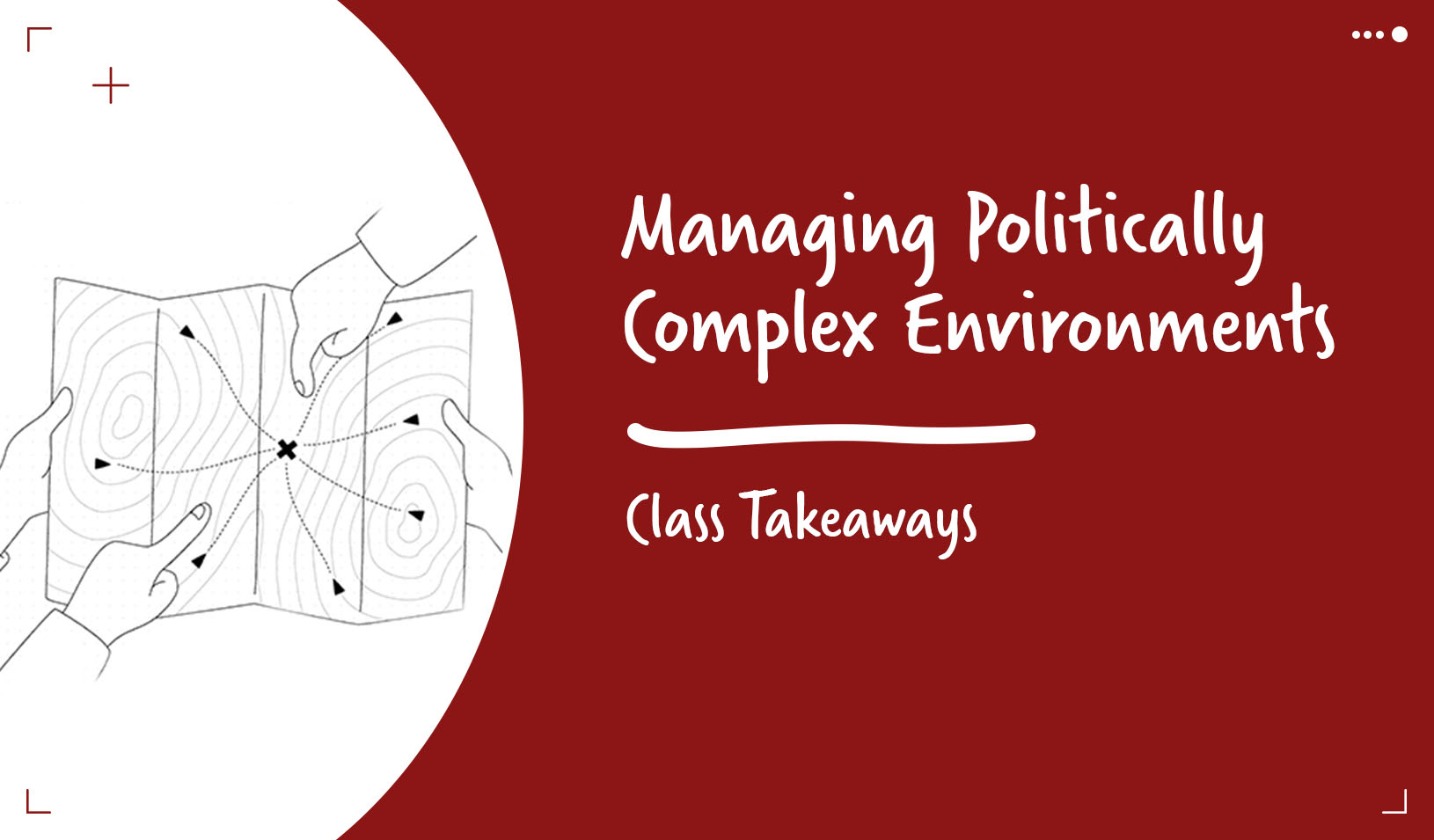Plenty of corporate CEOs say they want employees who know how to have fun. But Anheuser-Busch InBev NV chief Carlos Brito, describing the demanding corporate culture he maintains, admits he doesn’t even like the word.
“I think fun’s too weak. … I have fun at the beach with my kids,” said Brito MBA ‘89. “I like people at the company to have fun, sure, plus passion, plus commitment, plus energy, plus lots of other things. Fun is too weak if you want to be best at what we do.”
In the Nov. 4 speech Brito, CEO of the world’s largest beer marketer, discussed his view of what makes a high-achieving corporate culture. With 116,000 employees, Belgium-based AB InBev markets well-known brands from Budweiser to Stella Artois, and posted 2009 revenue of $36.8 billion. Brito’s main message: Regardless of industry, the success of a corporation hinges in large part on hiring high-performing individuals, bringing passion and commitment to the job, and on building a company culture that keeps them.
“Great companies are formed by great people,” not by popular products, cash flow, or assets, Brito said. “What distinguishes you from an average company is the kind of people you can attract, retain, develop, train, promote. Behind a brand that’s doing well in the market, you have people who understand consumers, have insights, execute according to those insights, and translate it.”
High-caliber employees, he added, challenge each other and don’t take criticism personally. “That’s why it’s important to hire people better than you,” Brito said. “They push you to be better.”
Retaining that top talent, Brito said, requires a company to have certain cultural traits, such as allowing and encouraging individuals to speak up. The informality of a physically open office environment, too, only helps communication: At AB InBev offices worldwide, Brito said, managers don’t have private offices but share large tables to facilitate easy information flow. “It gets people connected in two-minute meetings, in five-minute meetings,” he said. “People are exposed both ways as there’s no place to hide, and it’s much better for you to get to know people.” Only half jokingly, he added, “Mediocre people would love to be behind closed doors, playing games and stuff.”
Brito also said the most talented employees will demand constant feedback and candor from their managers, who must be prepared to give it. “Talented people will ask you every day, ‘What about my future? Am I doing okay? I have an idea,’” said Brito, who calls these employees “high maintenance.” But they’re still more desirable than “employees who don’t want to talk to you and when you talk to them, they have no ideas.”
The best employees themselves influence the corporate culture. For instance, talented managers are, in turn, likely to attract other top talent to the company, Brito said. And they appreciate and will demand that a company values meritocracy. They’ll bail if they see the company promoting someone based only on his or her tenure, he said. “If you can’t please everyone, please the most talented ones,” even if doing so means alienating lower-performing employees, Brito advised.
In the past, Brito said, he has worried about whether his company could find talented employees in countries that, for traditional cultural reasons, value deference to authority, a notion that doesn’t work well at AB InBev’s informal environment. But the company has, in fact, been able to find people who fit, he said. “You can find a lot of people in those places who are looking for this kind of company, because they came from sports or a competitive school,” he said. “They know what builds great performance.”
Brito appeared as part of the “View From The Top” series and Global Speaker series at Stanford GSB.
For media inquiries, visit the Newsroom.






